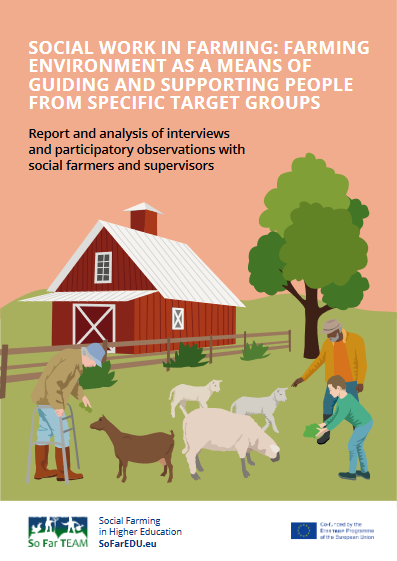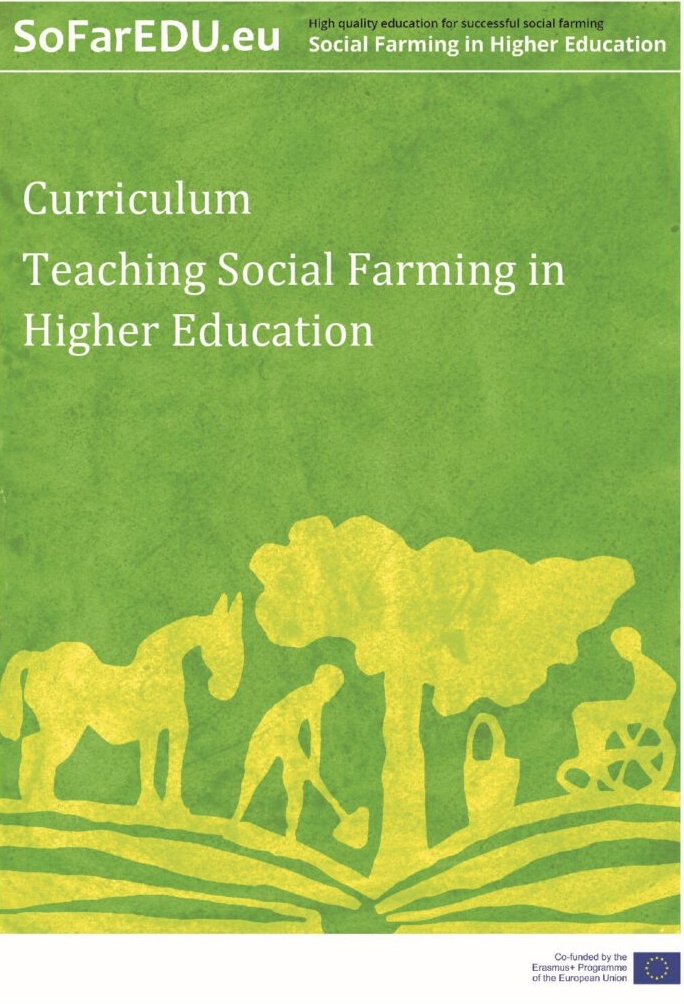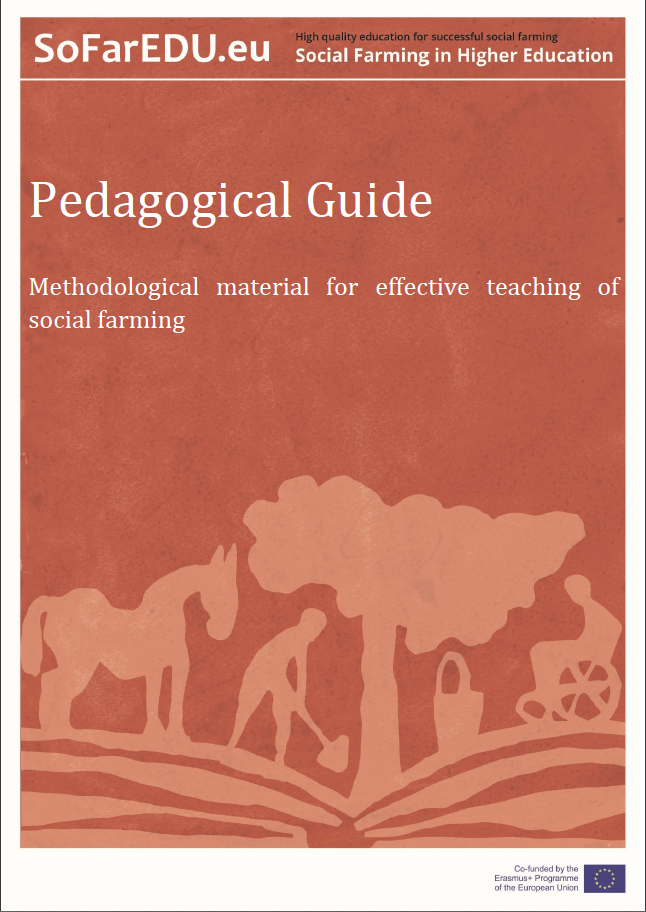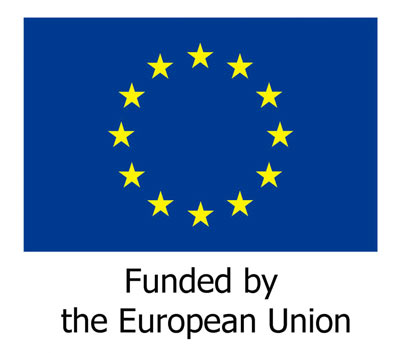A core principle of social farming is that it is person-centred, that everyone is an individual first and foremost, regardless of why they have chosen to take part in social farming or what their challenges in life are. However, we can also improve practice and support people more effectively if we distinguish between and understand more about the different target groups who spend time on social farms.
The guides are designed to provide farmers and course instructors (that train practitioners) with insights and learning on many aspects of social farming with people with a range of backgrounds, needs, challenges and perspectives.
We hope that these Guides will support you in engaging more confidently and effectively with existing or new target groups on your or your student`s farm. All documents are available as publisher files as well. This way teachers can add own content if needed.









